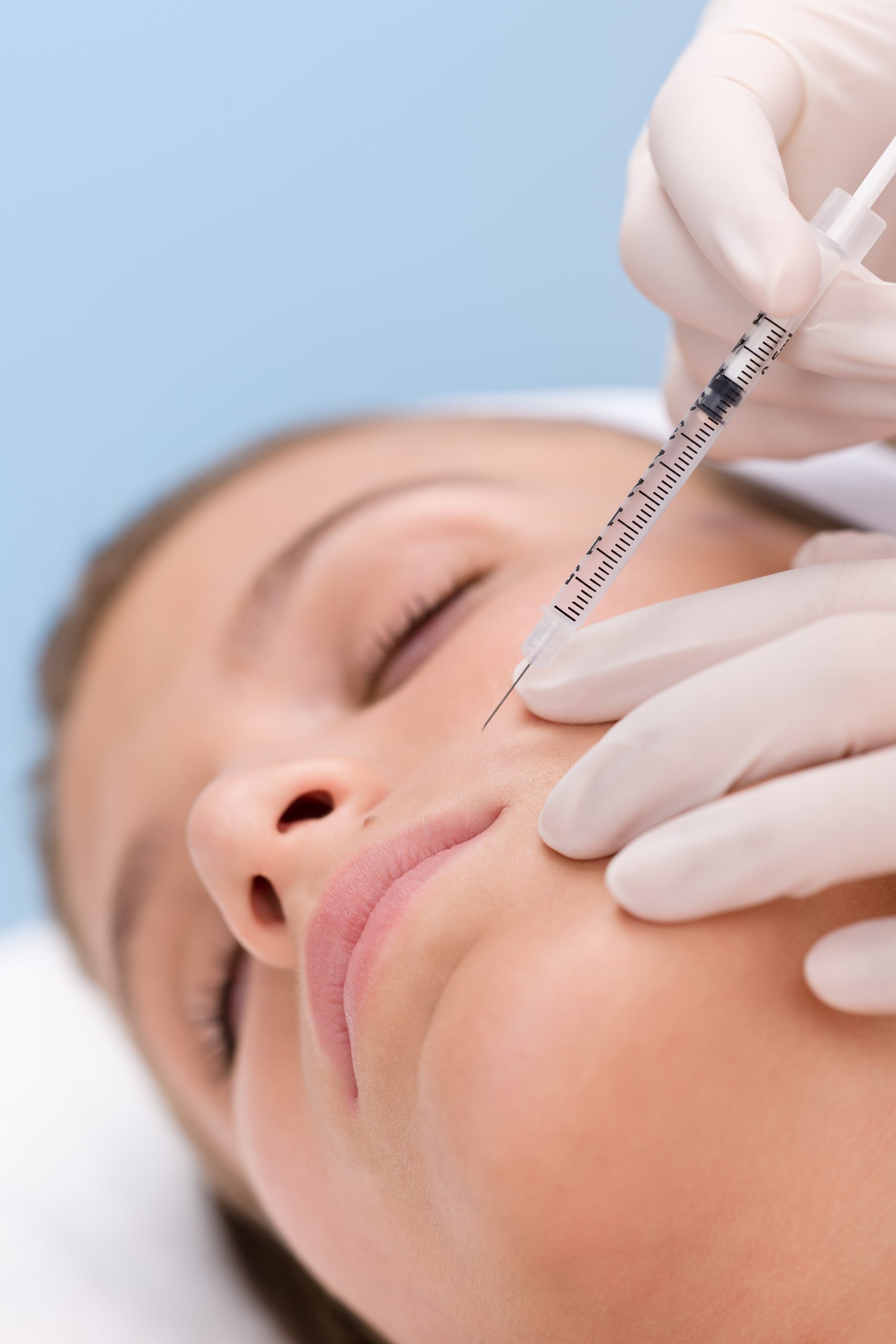Cosmetic surgery has become increasingly popular in recent years, with more and more people seeking to enhance their appearance through various procedures. While some may view cosmetic surgery as a purely vanity-driven pursuit, it can also be a way for individuals to improve their self-esteem and confidence. However, like any medical procedure, cosmetic surgery comes at a cost – both financially and physically. In this blog post, we’ll explore the financial implications of cosmetic surgery, including the costs associated with different types of procedures, financing options, recovery expenses, and how to weigh the benefits and risks.
Introduction to Cosmetic Surgery
Cosmetic surgery refers to elective procedures that are performed to enhance or alter one’s physical appearance. These procedures can range from minimally invasive treatments such as Botox injections to more complex surgeries such as breast augmentation or facelifts. The American Society of Plastic Surgeons reports that over 17 million cosmetic procedures were performed in the United States alone in 2019.
Types of Cosmetic Surgery Procedures
There are many different types of cosmetic surgery procedures available today. Some of the most common include:
Breast Augmentation: This involves implanting silicone or saline implants into the breasts to increase their size or change their shape.
Rhinoplasty: Also known as nose reshaping, rhinoplasty is a surgical procedure that alters the shape or size of the nose.
Liposuction: This procedure removes excess fat from specific areas of the body using suction techniques.
Tummy Tuck: Abdominoplasty, better known as a tummy tuck, is a surgical procedure that tightens abdominal muscles and removes excess skin and fat.
The Costs Associated with Cosmetic Surgery
The cost of cosmetic surgery varies depending on the type of procedure being performed, the location of the practice, and other factors. According to the American Society of Plastic Surgeons, the average cost of breast augmentation was $3,854 in 2019, while the average cost of liposuction was $3,602. It’s important to note that these figures do not include anesthesia fees, operating room charges, or other related expenses. Additionally, some patients may require additional procedures or revisions, which can drive up the overall cost even further.
Financing Options for Cosmetic Surgery
Many patients choose to finance their cosmetic surgery procedures rather than paying outright. There are several financing options available, including personal loans, credit cards, and medical financing companies. Medical financing companies specifically cater to patients who need help covering the costs of healthcare procedures, including cosmetic surgery. These companies offer low-interest rates and flexible payment plans to make the process more affordable for patients.

Recovery and Aftercare Expenses
In addition to the initial costs associated with cosmetic surgery, there are also recovery and aftercare expenses to consider. Depending on the type of procedure being performed, patients may need to take time off work, hire a caregiver, or purchase prescription medications. These expenses can add up quickly, so it’s essential to factor them into your budget when considering cosmetic surgery.

Conclusion: Weighing the Benefits and Risks
While cosmetic surgery can be expensive, it can also provide significant psychological benefits for those who undergo it. Before deciding whether or not to proceed with cosmetic surgery, it’s crucial to carefully weigh the potential benefits and risks. Be sure to discuss all aspects of the procedure with your doctor, including the expected results, possible complications, and long-term effects. By doing so, you can ensure that you have realistic expectations about what cosmetic surgery can achieve and make an informed decision about whether it’s right for you.





